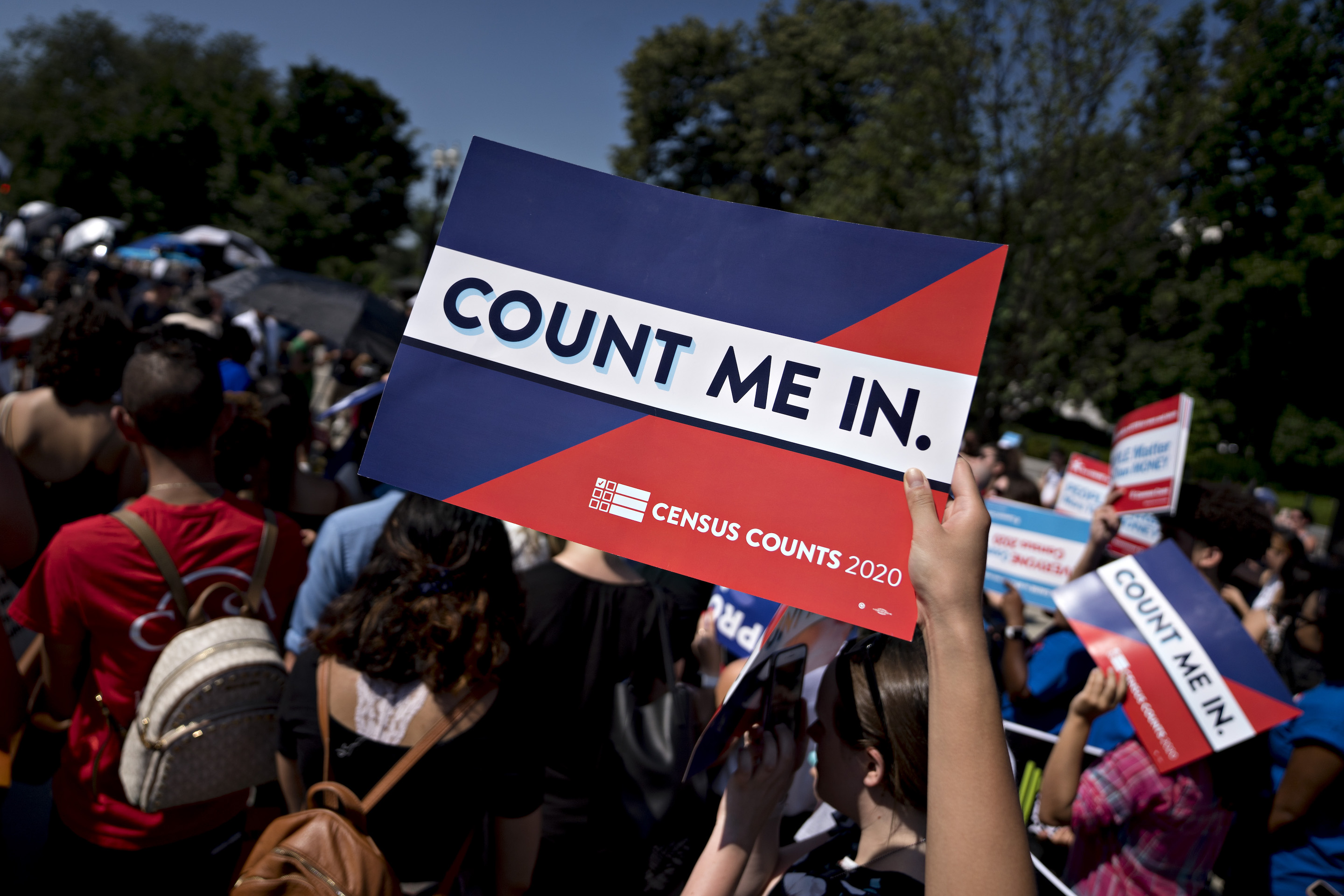
A bill proposed to extend Census deadlines amid COVID-19
The provision is included in the HEROES Act — the next coronavirus relief bill — but lawmakers wanted to clarify the timeline sooner.
In the age of coronavirus, with more than 100,000 deaths in the U.S., members of Congress have held their party lines arguably more than at any point during Donald Trump’s presidency.
Congress has passed two coronavirus relief bills in an attempt to curb the country’s economic free-fall, but both haven’t stopped most of the damage.
The second in particular, worth a record of approximately $2 trillion, was argued over and stalled for multiple days before being signed by the president.
A third, worth even more at $3 trillion has passed the House and now awaits a predicted lengthy discussion period into late June or July until passing.
But officials at the U.S. Census Bureau are hoping a part of the bill, now introduced as its own legislation, will have a faster track to the president’s desk.
The Fair and Accurate Census Act was introduced on May 27 to the House of Representatives by a group of Democratic representatives from the Oversight and Reform Committee.
At the top of its “to-do” list is implementing a further extension to the collection and reporting deadlines for the census.
Rep. Jimmy Gomez from California, one of the representatives backing the bill, told NPR that time was running out for the census to be completed and that he was worried talks over the new coronavirus relief bill would take too long.
“If we don’t get our act together, the states are going to have some serious problems moving forward,” said Gomez.
RELATED CONTENT
Data from the census is used by state officials to redraw districts — also known as redistricting — which affects the amount of representatives each state has in Congress.
As part of the bill, Four-month delays would be implemented to both the deadline for reporting census data to the president (from Dec. 31, 2020 to April 30, 2021) and when it’s reported back to state redistricting officials (from March 31, 2020 to July 31, 2021). These requested delays were initially made back in April by Secretary of Commerce Wilbur Ross.
The bill also requires the U.S. Census Bureau to report monthly operational and technological status reports to Congress.
In March, the Oversight and Reform Committee asked for an operational update after the first delays were announced. It never got one and the Trump administration also didn’t answer requests for updates or plans.
It also has portions dedicated to maintaining funding for the U.S. Census Bureau amid the delays and guidelines for the submission of data from colleges.
As of May 27, 89 million households have responded to the census. House-to-house follow ups to non-responding households were supposed to start on May 13, but will now begin on Aug. 11.











LEAVE A COMMENT: